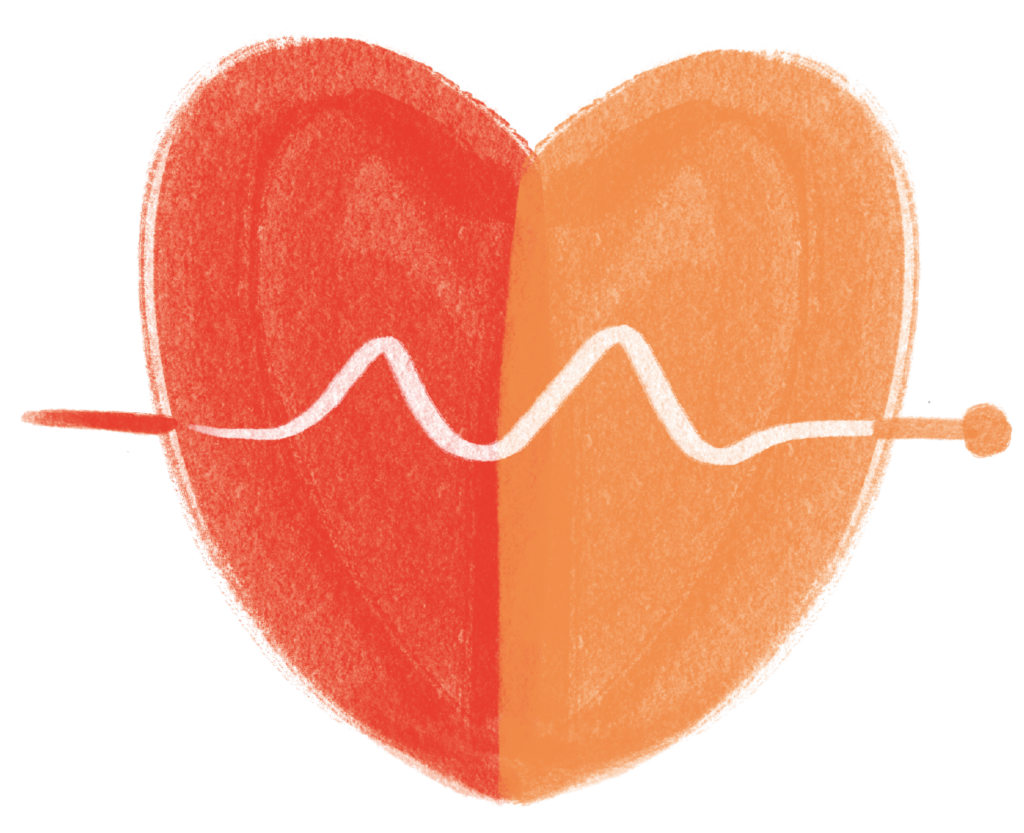What to expect from your care

They will ask you about your concerns and how you are managing some everyday activities.
Speaking to your GP is also a good place to start
If your HIV nurse or doctor is concerned they will get you to complete a short cognitive assessment.
This is a paper-based exercise and it normally doesn’t last longer than 15 mins. It will help your clinician to identify if there is possibly a problem. It can be helpful to have someone who has noticed the problems at your appointment with you.
If a problem is suspected, you will be referred for a few additional assessments. This will often include things like:
- An MRI, to see if there is any damage to your brain
- A neuropsychological assessment, to help figure out how well your brain is working in different areas like memory, attention, problem-solving, language and thinking skills.
- A more thorough discussion about your medication (HIV and non-HIV medications) and lifestyle
- A lumbar puncture, to make sure you’re HIV medication is working correctly in the brain
Depending on the results of the assessments and what the doctors think may be causes of your memory and thinking issues you could be:
- Asked to switch your HIV medication
- Given a referral to another specialist service such as cardiology, mental health or dementia services
- Put in touch with community support organisations who offer things like peer support and social activity groups
- Given advice and support on lifestyle and health
- Put in touch with an HIV-specific counsellor who can support on issues around taking medications and feelings of stigma and upset around getting HIV diagnosis
If you are referred to a Memory Assessment Service, you can access more information on what to expect and where to access further help here
Sometimes you’ll need extra support beyond your medical care. This could be for practical help or support. Go to community support to find out who can help in Sussex or across the UK.